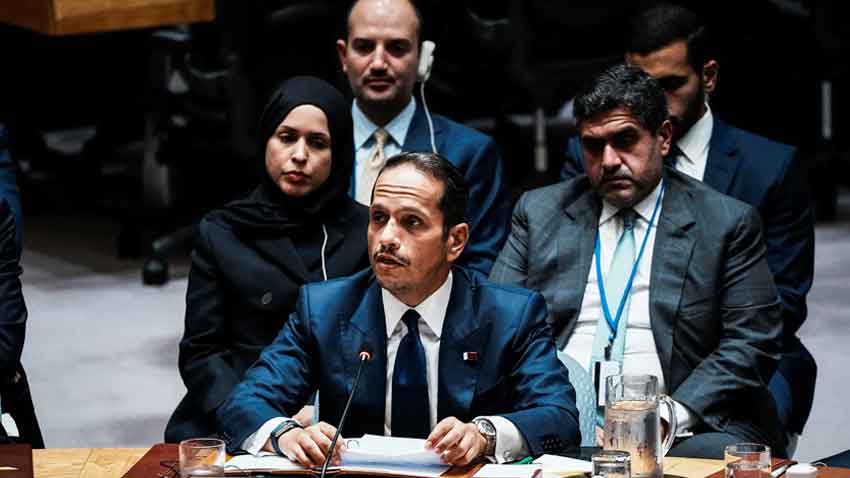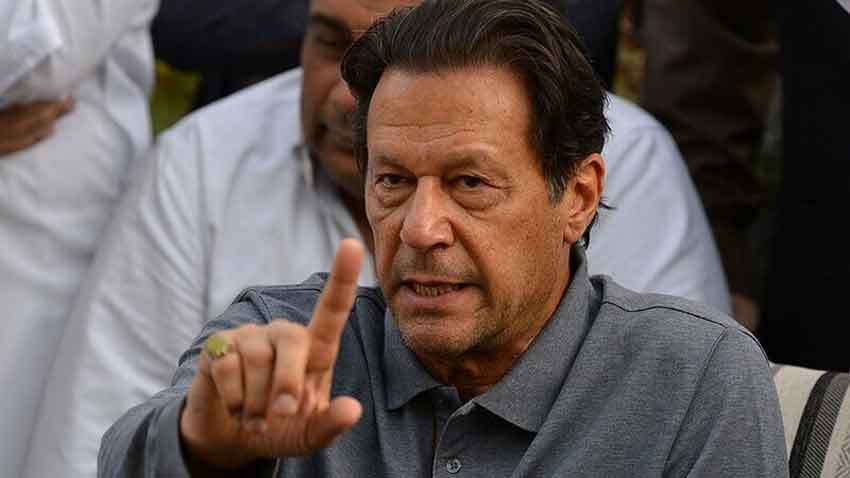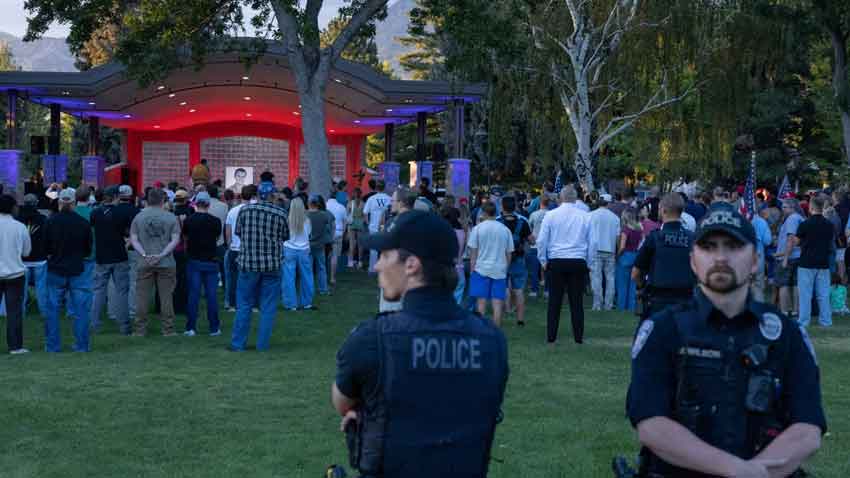
The statement, drafted by France and the United Kingdom, was issued ahead of Thursday’s emergency session convened to address Israel’s escalating offensive. While it did not directly name Israel, it emphasized support for Qatar’s sovereignty and its critical role as a mediator in the conflict between Israel and Hamas.
The attack, which targeted a meeting of Hamas leaders in Doha, left five members dead but failed to eliminate the group’s top leadership. A Qatari security officer was also killed. The strike coincided with discussions over a peace proposal floated by US President Donald Trump, further inflaming suspicions that the assault was intended to derail mediation efforts.
US Breaks Tradition with Stern Criticism
In a striking departure from Washington’s usual defense of Israel at the UN, Acting US Ambassador Dorothy Shea condemned the bombing as “unilateral” and “counterproductive,” declaring it did not advance “Israel’s or America’s goals.” She stressed that while the US remains committed to Israel’s security, “the attack on a sovereign nation working tirelessly to broker peace” was a step too far.
Diplomatic sources revealed that Washington pushed back against stronger language directly censuring Israel, yet its decision to align with a statement affirming solidarity with Qatar was described by observers as “highly significant.”
Qatar Denounces Violation of Sovereignty
Qatari Prime Minister Sheikh Mohammed bin Abdulrahman bin Jassim Al Thani, who flew to New York for the special session, condemned the strike as an assault on Qatar’s sovereignty and an attempt to sabotage ongoing mediation. Branding Israel’s leaders as “arrogant,” he warned that such actions threatened to unravel regional stability.
UN Under-Secretary-General for Political Affairs Rosemary DiCarlo echoed those concerns, calling the strike an “alarming escalation” that risked opening “a new and perilous chapter” in the conflict. She praised Qatar as a “valued partner in advancing peacemaking” and pointed to Israel’s widening confrontations across Gaza, the West Bank, Lebanon, Syria, Iran, and Yemen as evidence of a destabilizing pattern.
Global Reactions
Algeria’s ambassador, Amar Bendjama, issued a scathing critique, accusing Israel of behaving “as if law does not exist, as if sovereignty itself is disposable.” He described the assault on Doha as “madness” and the reckless conduct of a government “emboldened by impunity.”
Israel’s UN envoy, Danny Danon, defended the operation, insisting it targeted Hamas operatives “plotting attacks from the luxury confines of Doha.” He dismissed criticism, claiming those killed were “terrorists, not legitimate politicians.”
Rising Regional Tensions
The attack comes as Israel intensifies its operations in Gaza City, forcing more than 200,000 people to flee. With more than 40 hostages still believed to be held in Gaza—half presumed alive—the UNSC statement reiterated that securing their release and ending civilian suffering remain top priorities.
Analysts note that the broad international condemnation at Thursday’s session underscored an unusual diplomatic moment: the world “clearly stood behind Qatar,” with many members demanding accountability for Israel’s widening military campaigns.
Also Read: Helicopter crash in Indonesia kills pilot and 3 crew members
As one diplomat summarized, the Israeli strike on Doha has opened “a dangerous new front” in a conflict already devastating the Middle East—raising fears that the region may be sliding toward an even deeper crisis.




